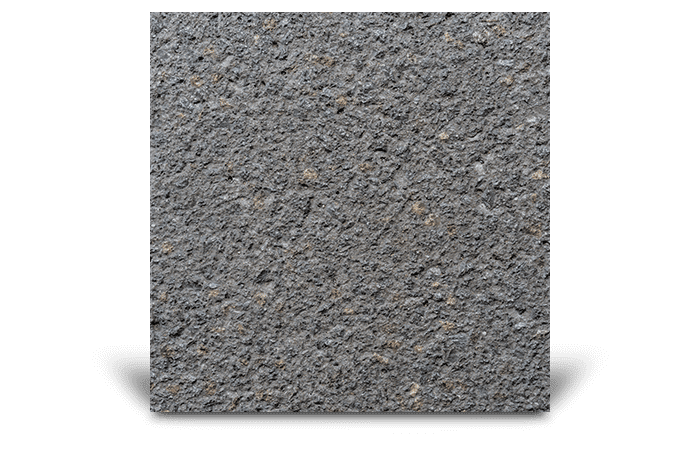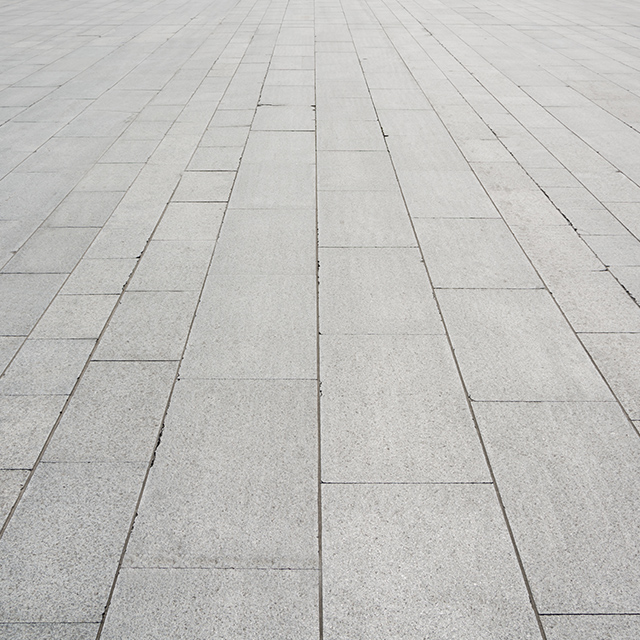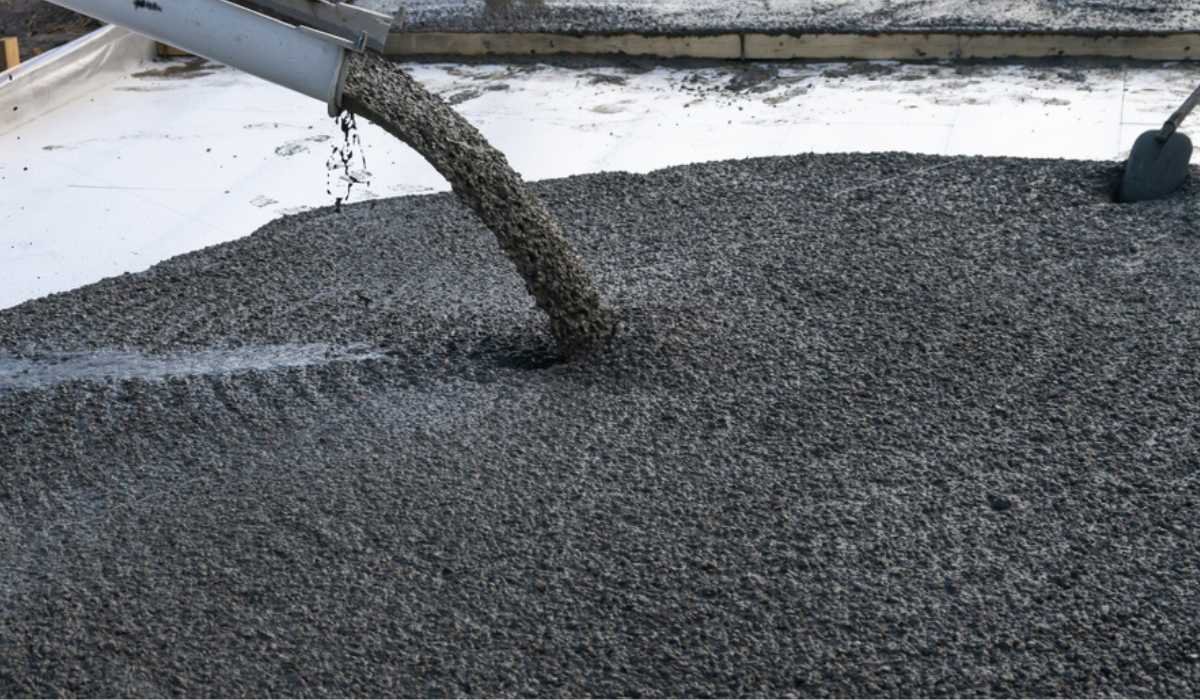Unveiling the Eco-Friendly Advantages of Utilizing Recycled Concrete in Sustainable Building Practices
In the world of sustainable construction techniques, the use of recycled concrete stands as an essential yet typically undervalued source. Beyond its standard applications, recycled concrete deals a myriad of environment-friendly advantages that extend much beyond the boundaries of conventional construction products.
Environmental Benefits
Undoubtedly, one of the most considerable advantages of utilizing recycled concrete is its positive influence on the setting. By incorporating recycled concrete into building methods, there is a significant reduction in the requirement for new basic materials, bring about preservation of natural resources. This process aids in maintaining aggregates, water, and power that would have been used in producing new concrete. Additionally, the use of recycled concrete decreases the quantity of waste being sent to garbage dumps, consequently minimizing environmental air pollution and reducing the pressure on land fill capacities.

In addition, the production of conventional concrete is a significant source of carbon exhausts as a result of the energy-intensive procedure of cement manufacturing. In comparison, recycled concrete has a reduced carbon footprint as it reduces the need for brand-new concrete manufacturing. This decrease in carbon emissions contributes to mitigating climate adjustment and sustains lasting construction techniques. In general, the ecological advantages of using recycled concrete are significant and play an essential duty in promoting environmentally friendly construction techniques.
Cost-Efficiency
Accomplishing cost-efficiency is a critical factor to consider when analyzing the use of recycled concrete in building and construction tasks. One of the key benefits of making use of recycled concrete is its cost-effectiveness contrasted to traditional concrete.
Additionally, the usage of recycled concrete can bring about savings in landfill costs by diverting concrete waste from disposal websites. This not just lowers the environmental impact however likewise gets rid of the expenses connected with waste removal. Additionally, the resilience and efficiency of recycled concrete approach standard concrete, guaranteeing that expense financial savings do not jeopardize the top quality of the construction.
Sturdiness and Toughness
Recycled concrete offers similar, if not superior, toughness and strength residential or commercial properties to typical concrete - Concrete. Through innovations in processing methods and top quality control, recycled concrete can meet or surpass the performance requirements of standard concrete.

Waste Reduction
When it comes to making use of recycled concrete, waste reduction is a key benefit that contributes significantly to environmental conservation. By including recycled concrete into building and construction tasks, this waste is repurposed and drawn away from garbage dumps, decreasing the general ecological impact of building and construction activities.
Recycled concrete not only helps in lessening the amount of waste that ends up in land fills yet likewise conserves natural deposits by lowering the need for new accumulated materials. This process of waste reduction promotes a circular economic climate within the building and construction industry, where products are reused and recycled to produce an extra sustainable market. In addition, using recycled concrete can result in cost savings for building and construction tasks, as it is usually more affordable than sourcing and moving new products. To conclude, waste decrease through the use of recycled concrete is a vital component of lasting construction practices that benefits both the atmosphere and the construction sector overall.
Power Preservation
Power preservation is an essential aspect of sustainable building and construction methods, intending to decrease the total power usage connected with structure procedures and materials manufacturing. When it concerns using recycled concrete in building and construction, considerable energy cost savings are accomplished compared to standard concrete manufacturing. The procedure of generating recycled concrete entails reusing and squashing existing concrete materials, which consumes less power than mining, processing, and transferring resources for new concrete manufacturing. In addition, the use of recycled concrete can help decrease the need for virgin accumulation, further lowering the energy-intensive extraction and check out here processing of natural sources.
Conclusion
To conclude, the use of recycled concrete in sustainable building and construction techniques offers numerous ecological advantages, cost-efficiency, resilience, toughness, waste reduction, and energy conservation. By integrating recycled concrete into building projects, we can add to a more lasting and eco More about the author pleasant future. It is necessary for the building and construction market to focus on the usage of recycled products to help minimize the environmental impact of building activities.
One of the essential advantages of using recycled concrete is its cost-effectiveness contrasted to conventional concrete.In addition, the usage of recycled concrete can lead to savings in landfill prices by drawing away concrete waste from disposal sites. The resilience and efficiency of recycled concrete are equivalent to conventional concrete, guaranteeing that cost financial savings do not compromise the high quality of the building.
